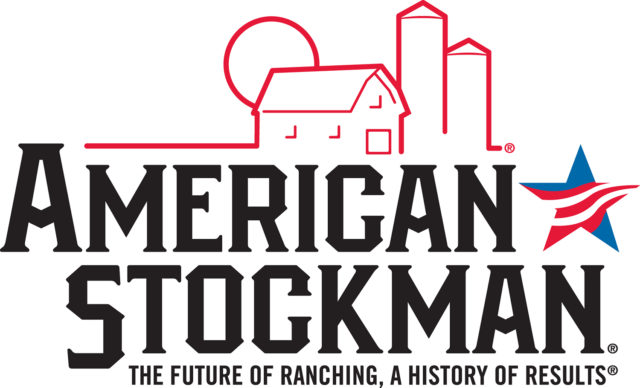Dr. Dee Ellis, executive director of the animal health commission and state veterinarian, requested the Texas AgriLife Extension Service activate the network earlier this week. In doing so, Texas became the third state – after Colorado and Michigan – to activate its Animal Health Network since animal health officials recently became concerned about a possible EHV-1 outbreak.
The Animal Health Network is a tool designed to reach non-commercial owners of horses, livestock and poultry with critical alerts and animal health information authored by the state veterinarian. It was developed by the Foreign and Zoonotic Disease Center at Texas A&M University.
“Non-commercial owners are often the most difficult to reach with timely information about disease outbreaks,” said Dr. Tammy Beckham, the center’s director. “The Animal Health Network has demonstrated it can inform these owners through local feed retailers and AgriLife Extension agents in the counties.”
The Texas Animal Health Commission is tracing exposed horses that attended the National Cutting Horse Association Western National Championships through May 8 in Ogden, Utah. Sixteen horses and 185 stablemates are under movement restrictions across the state, but there are no “confirmed” or “suspect” cases of EHV-1 under U.S. Department of Agriculture reporting guidelines, according to the commission’s May 26 report.
Under the management of Drs. Andy Vestal and Shannon Degenhart, both with AgriLife Extension, the Animal Health Network is being adopted in 11 states.
"AgriLife Extension agents are currently getting word out to the feed retailers who agreed to be a part of the network in their counties," Vestal said.
Co-partnering with the FAZD Center on the Animal Health Network is the National Extension Disaster Education Network, a program of the USDA's National Institute of Food and Agriculture, and AgriLife Extension.
More information about the Animal Health Network can be found at http://AnimalHealthNetwork.org
For the latest news and information about the EHV-1 situation in Texas, visit the Animal health commission website at www.tahc.state.tx.us.
For specific recommendations about diagnostic testing for EHV-1, visit the Texas Veterinary Medical Diagnostic Laboratory’s website: http://tvmdl.tamu.edu/. ![]()






